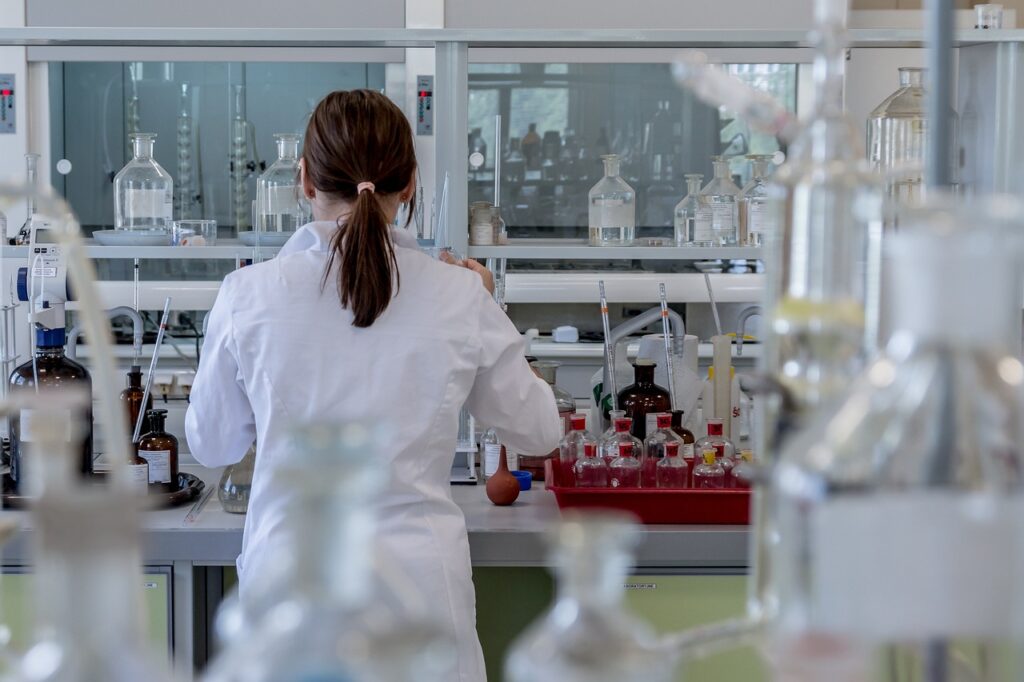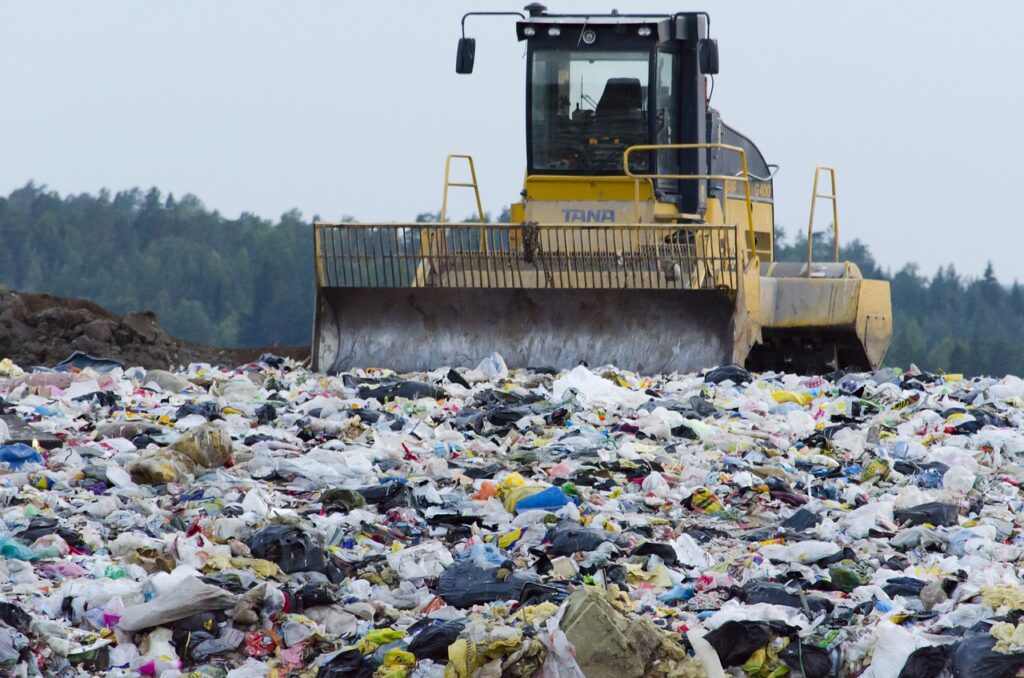- Existing laboratory that converts waste food scraps into PHA-based bioplastic will be upscaled with a $2.4 million grant from the U.S. Department of Agriculture.
- Goal is to make the process closer to real-world uses instead of just laboratory setting.
- Researchers recognize that waste management facilities are usually located in underserved communities.
- There is potential for rural communities and underserved communities to greatly benefit from Virginia Tech’s research.
By: The Roanoke Times | January 16, 2023
Breakthroughs in bioplastics could help break down two of the world’s most pressing problems at once, says a Virginia Tech professor researching to improve production of food-based, cost-effective, decomposable plastic…
In a specially designed lab, Wang is readying to upscale production of PHA-based bioplastic, repurposing waste food scraps. It’s funded by a $2.4 million grant from the U.S. Department of Agriculture, and is a continuation of earlier grant-paid bioplastic research, he said.
“I can convert food waste to plastic,” Wang said. “These two individual, separate problems can be addressed in this one technology, all together.”…
“It’s going to help us do this on a bigger platform,” Bronaugh said. “These particular projects all have an environmental justice component that we feel is really important.”
For bioplastic’s connection to environmental justice, she said waste management facilities are usually located in underserved communities.
“It’s certainly exciting for this opportunity to be going to Virginia Tech,” Bronaugh said. “The research they’re trying to do with their project is going to create potential opportunities in rural communities and underserved communities.”
Read more from The Roanoke Times.



